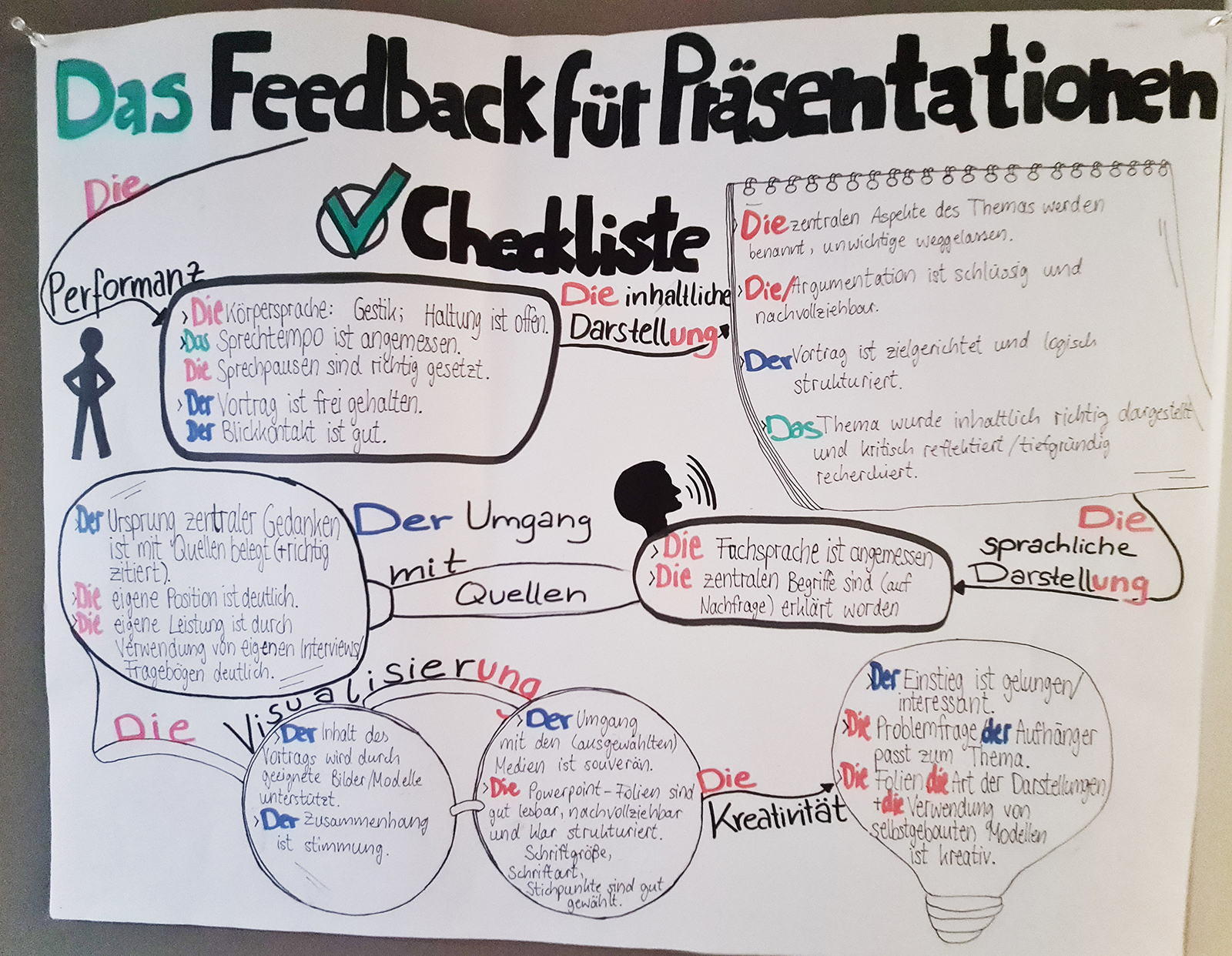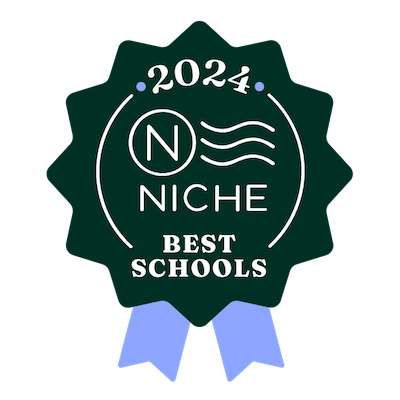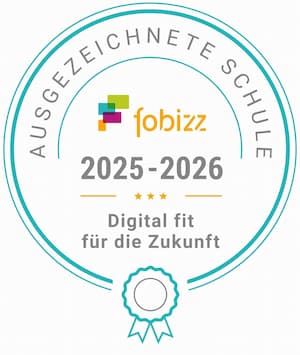Regular Schedule
TUESDAY, MARCH 3, 2026
Die GISW richtet sich nach dem regulären Stundenplan. Die Schule öffnet pünktlich.
........................................................................
GISW operates on a regular schedule. The school opens on time.
German Specialized Teaching at the GISW
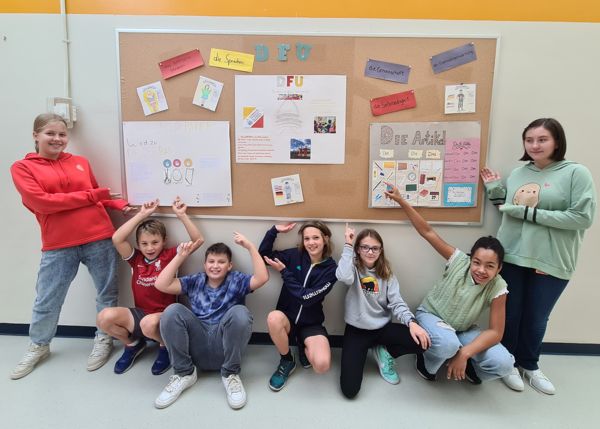
What is DFU?
DFU means "German-language specialized instruction”. This refers to the use of German as the language of instruction in subjects other than German. At school, the German language is not only learned and improved in German classes but also used and promoted in other subjects. At the GISW, this applies to all subjects.
In recent years, the student structure at the GISW has changed. Increasingly, students with different language backgrounds are attending our school. This internationalization enriches the school community in every aspect and is welcomed both linguistically and culturally. This development also poses new challenges for our German classes and for the teaching of all the other subjects as well as our language support programs. Students have different language skills when they attend the GISW as several languages are spoken at home, and in some of our families no German is spoken at home at all. The goal of every subject class, in addition to the acquisition of subject knowledge, is therefore to improve the students' language comprehension and their ability to read, understand, and analyze complex texts. Regardless of their German language skills, the students should be able to follow all lessons and actively participate in them.
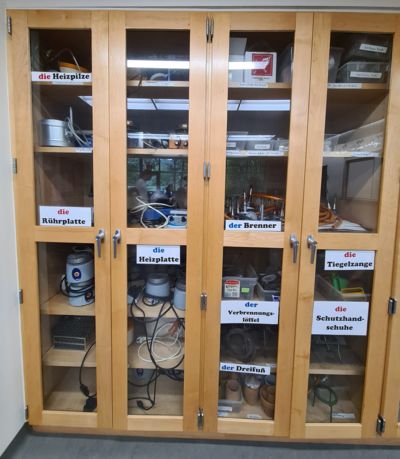
However, everyday vocabulary is not sufficient for successful participation in the subject lessons; specific language in the areas of lexis, syntax, and textual competence must be acquired in order for students to be able to excel in the subject lessons. Therefore, in addition to the subject-related instruction, intensive language work is also done in the classroom.
To ensure this, the students receive vocabulary lists in the subject lessons so that it is easier for them to overcome language barriers and to follow the lessons from the beginning. The students independently keep their own vocabulary lists in the subjects so that a constant progression of vocabulary is guaranteed. In order to strengthen the understanding of the vocabulary, these lists are connected to class topics by means of interactive methods.
Furthermore, the students work with age-appropriate German textbooks and learning materials, for which they are given the necessary linguistic aids.
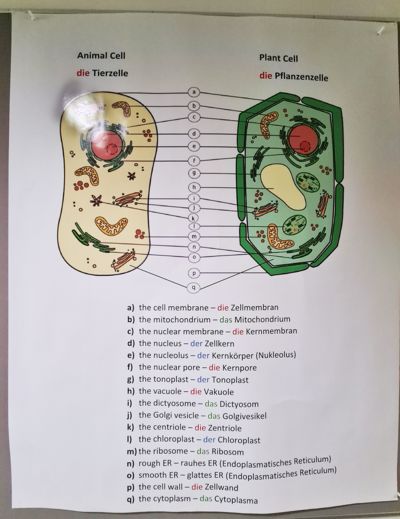
Closely related to the development and expansion of vocabulary is the development of reading skills. For this purpose, a 45-minute reading unit is scheduled once a week in Grade 5. The students work in a reading tandem to improve their reading skills, which are essential for successful learning in all subjects.
The faculty at the GISW also works together closely in order to provide needed support for the students in the “Förder- und Forder-classes” (FuF) and to be able to address individual student weaknesses. For example, various projects are offered in the individual subjects that contribute to improving language skills, such as the competitions “Jugend debattiert” in German or “Jugend präsentiert” in STEM. In order to train students to do scientific-propaedeutic work, they can also write a voluntary paper in the STEM subjects, which is a step towards acquiring the STEM certificate.
The teachers of the elementary and secondary school are always in close contact with each other in the areas of vocabulary, grammar and methodology, error correction, and the promotion of reading and writing skills.
